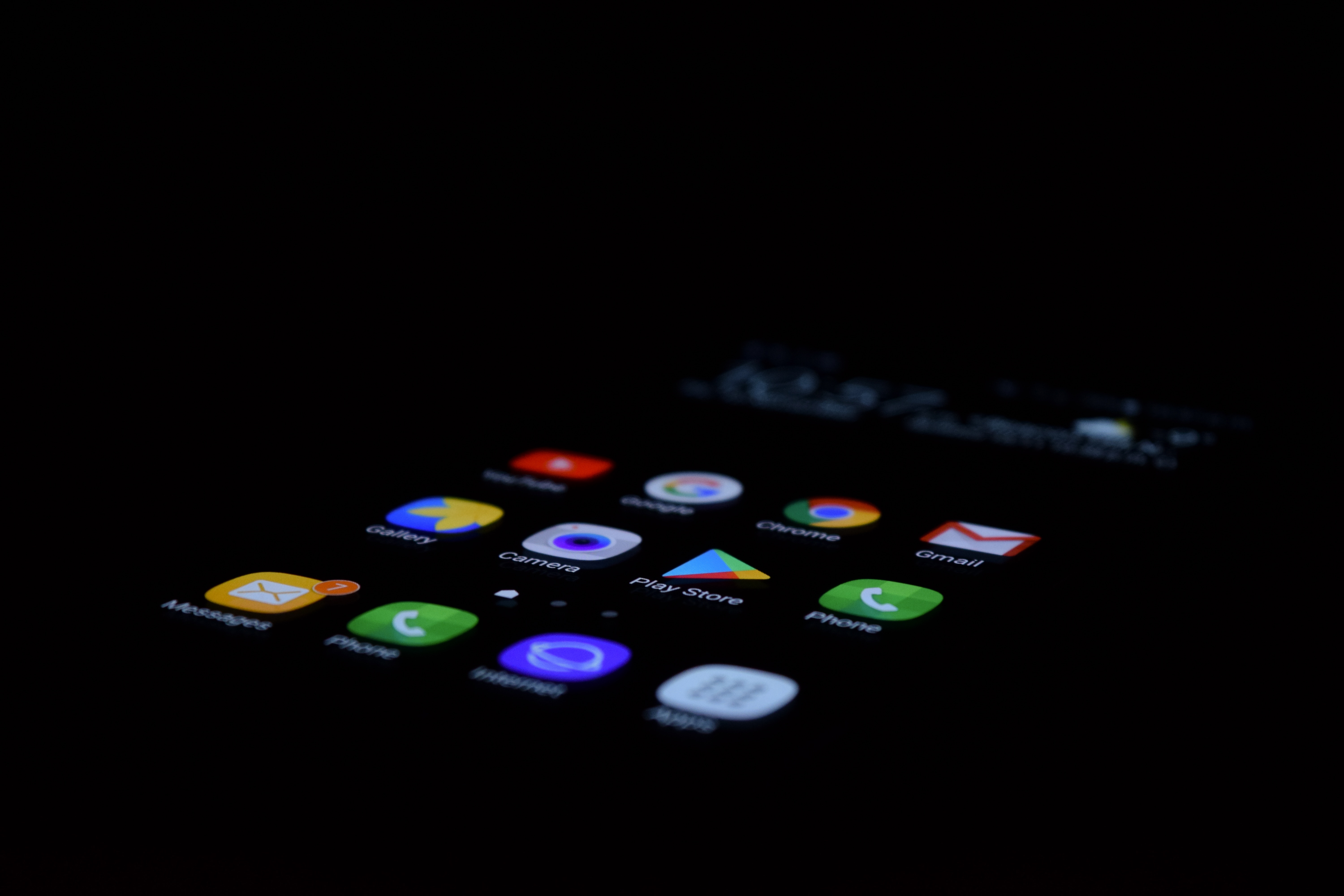Bridget
On the night of August 4, 2016, just two days after publicizing a survey about sexist online harassment I had designed as part of my dissertation work, I received an email from a man identifying himself as a “well connected male troll.” He said he was forwarded the link to my study and had passed it on to several women he knew who might be able to contribute, seeing as the goal of my project was to document stories of severe online harassment. It was a bizarre email. I hadn’t yet received any formal inquiries about the survey, and I was taken aback by the sender’s tone. He claimed to want to help, but he was also strangely antagonistic about the women he suggested would be suitable for me to interview. At the end of the email, he offered to be interviewed before writing, “I am fairly civic minded and interested in policy, despite my poisonous public reputation.” It seemed he wanted my research to capture another side to the women’s stories I was gathering, and he wasn’t threatening me in any overt way. But I couldn’t help lingering on the phrase “poisonous public reputation.” What did he mean by that?
I read the email after waking up in the middle of the night with anxiety about the increased attention I was receiving on Twitter as a result of publicizing the survey. In the two days it had been up, it was not uncommon for me to return to my computer or phone to find upwards for 30 or 40 notifications, more than a few of which were mentions from harassers lobbing gendered insults and vague threats. Each time this happened, I experienced a twinge of nervousness that when I would click on my notifications, I would find I had been doxxed. Part of me was simply waiting for it to happen. I thought about all of the stories I had read over the past several months of women who had been severely harassed, including being doxxed or swatted, for simply pointing out that harassment is a problem.

Laying in bed, the light from my phone illuminating my face, I immediately tensed after reading this email, and my eyes rescanned “poisonous public reputation.” I searched the sender’s name. The top results were articles about his involvement in litigation over doxxing a woman through revenge-porn (publishing sexually explicit pictures or videos of someone without their consent). Looking through some of the search results exacerbated my anxiety as my fears were potentially being confirmed. This man, as promised, indeed had a poisonous public reputation, and he also had skills that he used to harm women. Paranoia set in, and I touched the tiny X in the corner of my phone’s web browser.
Thinking about all of the women I read about or met who had been threatened, doxxed, swatted, or had men show up at their houses in the middle of the night to assault them, I popped out of bed to triple check that all of my doors were locked. I went to the sliding glass door off of my dining room, confirmed that it was indeed locked, and idled there staring out into the darkness of my backyard. I imagined what it might look like if a group of law-enforcement officers, dressed in all black and carrying rifles, crept across my property in the night on a phony tip that I was, maybe, a bomb-maker. And then the motion light on my back deck came on, and I skittered back to bed to wake up my partner.
I was not doxxed, or swatted, nor did anyone show up at my house to threaten or assault me. Nonetheless, it was not unreasonable for me to feel like these things could very well be right around the corner. Truthfully, even writing about this experience here and now and the thought of putting it online in this webtext makes me nervous. But our stories—our lives, our histories, our experiences, our comings and goings, whether online or off—are important. To stop and consider how is paramount.
